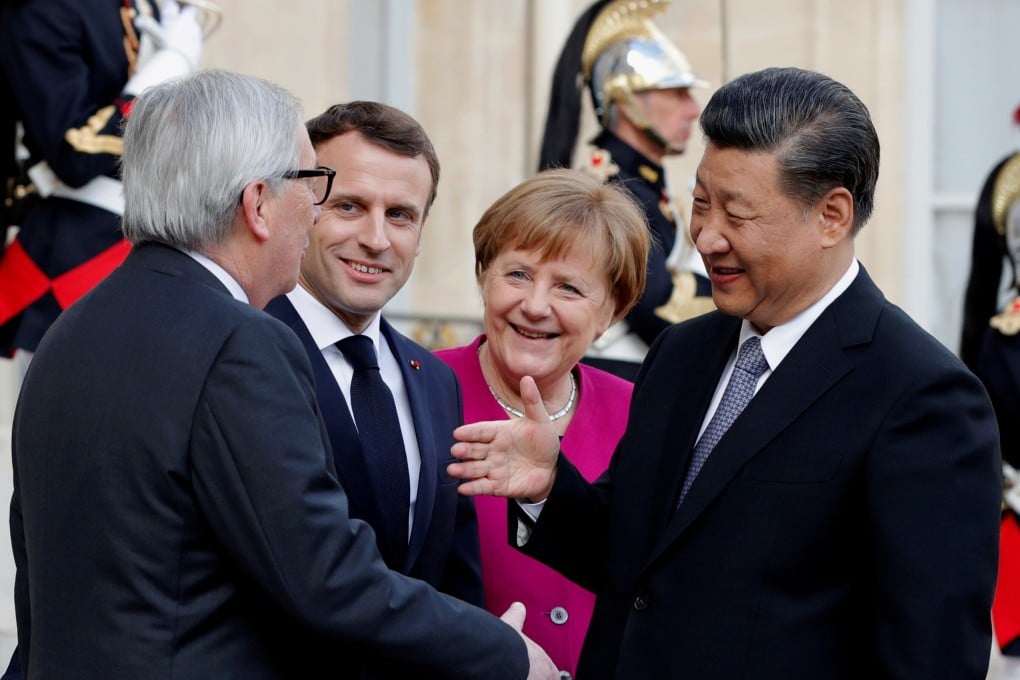The highs and lows of Angela Merkel’s long relationship with China
- A ‘golden age’ of relations between Berlin and Beijing is believed to be coming to an end as scepticism grows in Europe
- The retiring German chancellor made 12 visits to China over the years but will not be returning to say farewell because of the pandemic

Merkel gave her hosts no warning of the meeting during her four-day state visit to China, when China and Germany agreed to a three-year series of events marking the 35th anniversary of their diplomatic ties. Relations cooled and Beijing cancelled a human rights dialogue in Berlin later that year. Merkel also refused to attend the opening ceremony of the Beijing Olympics in August 2008.
The damage was mended over the years, through intensive visits by Merkel and her cabinet. No other Western leader has travelled to China as many times as Merkel – 12 during the 16 years of her chancellorship – and former premier Wen Jiabao once described her as the politician he trusted the most, “because she always told the truth”.

Despite the recent barrage of criticism in the West over her pro-engagement policy with China, there is no lack of appreciation for Merkel in Beijing, where officials and experts have labelled her as one of only a few foreign leaders to know China well.
“Merkel has stuck to a steady, balanced and pragmatic approach in dealing with China and managed relations largely undisrupted by ideological differences, a style well accepted and highly appreciated by Chinese,” said Wang Yiwei, a professor of European studies at Renmin University.